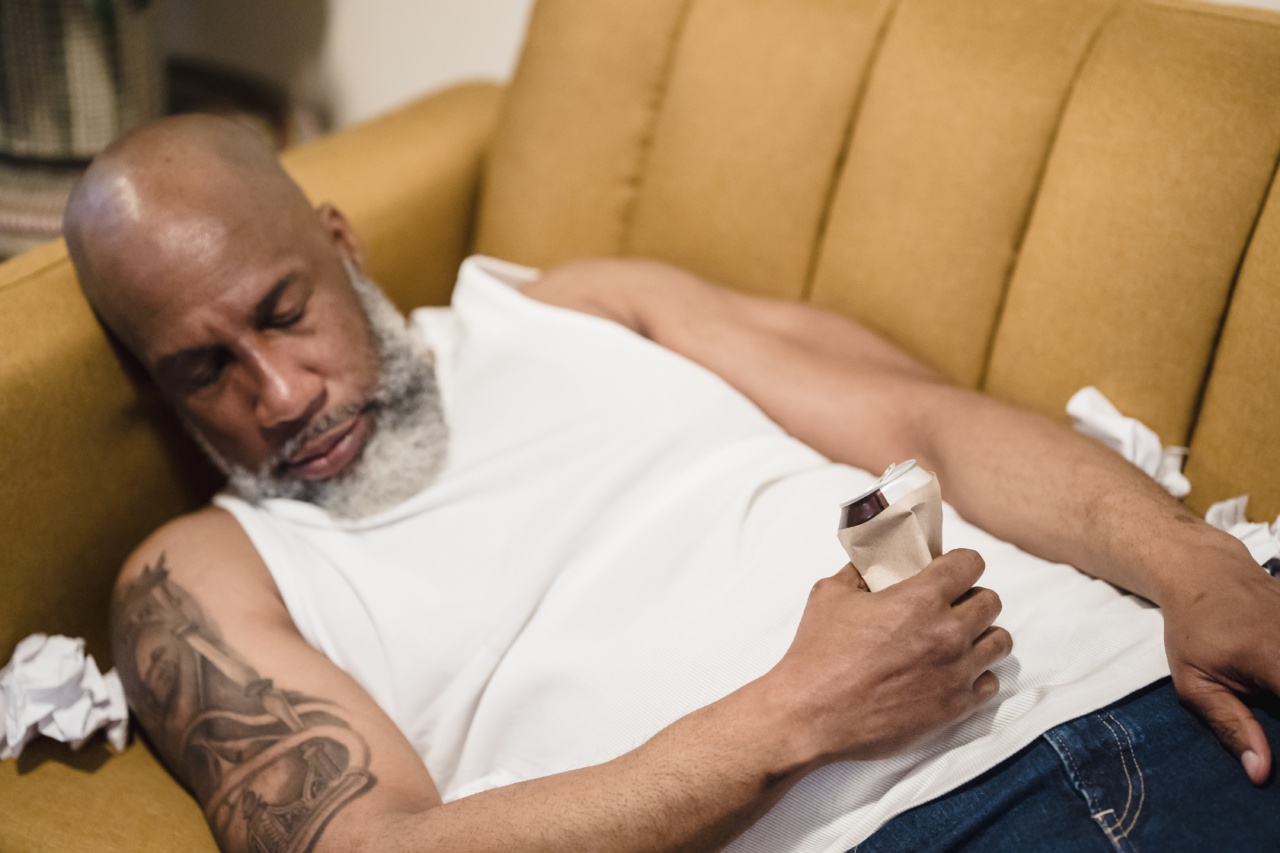Hearing loss and sleep apnea are two common health conditions that can significantly impact your overall well-being. While they may seem separate, research has shown that there may be a link between the two.
In this article, we will explore how hearing loss can lead to sleep apnea and what you can do to mitigate the effects.
Understanding Hearing Loss
Before we dive into the connection between hearing loss and sleep apnea, let’s take a closer look at hearing loss. Hearing loss occurs when there is damage to the structures in the inner ear or the nerves that send signals to the brain.
There are two types of hearing loss:.
Sensorineural Hearing Loss
Sensorineural hearing loss is caused by damage to the hair cells in the inner ear or the nerves that transmit sound to the brain.
This type of hearing loss is typically permanent and can be caused by aging, exposure to loud noises, certain medications, and medical conditions such as diabetes or hypertension.
Conductive Hearing Loss
Conductive hearing loss occurs when there is damage to the outer or middle ear that blocks sound waves from traveling to the inner ear. This type of hearing loss can be caused by ear infections, fluid buildup, earwax, or tumors.
The Connection Between Hearing Loss and Sleep Apnea
Research has shown that individuals with hearing loss may be more likely to develop sleep apnea. Sleep apnea is a sleep disorder where breathing stops and starts repeatedly throughout the night.
While there are different types of sleep apnea, the most common is obstructive sleep apnea.
Obstructive sleep apnea occurs when the muscles in the throat relax and block the airway, causing breathing to stop for a brief period.
This disruption in breathing can lead to poor sleep quality and a variety of health problems, including hypertension, heart disease, and stroke.
So, how does hearing loss contribute to sleep apnea? There are a few potential factors:.
Increased Levels of Stress
Individuals with hearing loss may experience increased levels of stress due to difficulties communicating and the social isolation that can come with hearing loss. Stress has been linked to sleep disorders, including sleep apnea.
Changes in the Brainstem
Studies have shown that individuals with hearing loss may experience changes in the brainstem, the part of the brain that controls breathing. These changes can make individuals more susceptible to sleep apnea.
Decreased Oxygen Levels
Individuals with sleep apnea experience disruptions in breathing, which can lead to decreased oxygen levels in the blood. Over time, this can impact the health of the cardiovascular system and lead to a higher risk of heart disease and stroke.
Hearing loss has also been linked to decreased oxygen levels in the blood.
Impacts on the Autonomic Nervous System
The autonomic nervous system controls involuntary functions, such as breathing and heart rate.
Research has shown that individuals with hearing loss may experience changes in their autonomic nervous system, which can make them more susceptible to sleep apnea.
Managing Hearing Loss to Mitigate the Effects of Sleep Apnea
If you have hearing loss and are concerned about the potential link to sleep apnea, there are several steps you can take to manage your hearing loss and improve your overall health:.
Get a Hearing Test
The first step in managing hearing loss is to get a hearing test. A hearing healthcare professional can evaluate your hearing and recommend solutions that can help you hear better and communicate more effectively.
Consider Hearing Aids
Hearing aids are a common solution for hearing loss. These devices can amplify sound and improve your ability to hear. By improving your hearing, you may be able to reduce stress levels and improve overall sleep quality.
Incorporate Good Sleep Hygiene Practices
Good sleep hygiene practices can help improve the quality of your sleep and reduce the risk of sleep disorders such as sleep apnea.
These practices include avoiding caffeine and alcohol before bed, creating a relaxing sleep environment, and establishing a consistent sleep schedule.
Manage Stress
If you are experiencing stress related to your hearing loss, it’s important to manage it.
This may mean talking to a therapist or counselor, practicing relaxation techniques such as meditation or yoga, or engaging in activities that bring you joy and relaxation.
Conclusion
Hearing loss and sleep apnea are two complex health conditions that can impact your well-being in a variety of ways.
While more research is needed to fully understand the link between the two, there is evidence to suggest that individuals with hearing loss may be more susceptible to sleep apnea. By managing your hearing loss and implementing good sleep hygiene practices, you can reduce your risk of sleep apnea and improve your overall health.




























